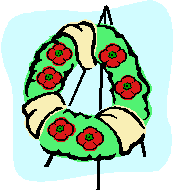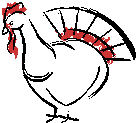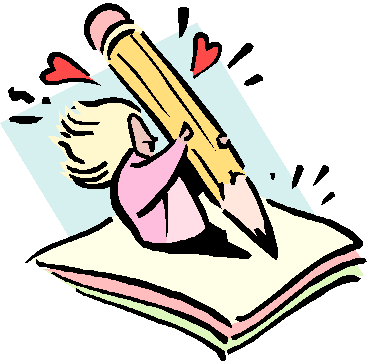 What
was that again? What
was that again?
|
|
|
| November |
|
 |
| October |
|
 |
| |
 |
|
| |
|
|
| September |
|
|
|
|
A copy of the text
"On-Reserve" in the library
(A Two-Hour Reserve) |
| |
|
| September |
|
 |
|
|
|
| |
|
Outcomes Set for
Educational Psychology 80-203 (Dr. Morton)
“Wertheimer (1945,
p.123) argued that the ‘…function of thinking is not just solving an
actual problem but discovering, envisaging, going into deeper questions.
Often, in great discovery the most important thing is that a certain
question is found.’ The same may be said of wisdom.” --Patricia Kennedy
Arlin (1990) “Wisdom: the art of problem finding.” In R. J. Sternberg
(Ed.) Wisdom, Its nature, origins, and development. Cambridge: Cambridge
University Press.
|
General
Outcome |
TGH
Attributes |
Methods |
Artifacts |
|
Resourcefulness
-- To thoughtfully, skilfully, and confidently use
existing empirical and conceptual literature in educational
psychology to personally assimilate the important questions in
education, to generate new questions as part of one’s
professional development, and to address problems in
education—problems related to pedagogy and/or curriculum. |
1, 2, 3 |
-PBL
-Case Study
-Test
questions |
-Reports
-Brochures
-Presentations |
|
Creativity
-- To create, or contribute to,
communicative products that formulate important questions in
education, suggest potential answers to such questions, and
inform students, parents, peers, the public, and politicians,
about such questions, answers, issues, items, and practices. |
1, 6, 8 |
-Brochures
-Videos
-PowerPoint
-Portfolios
-Websites |
-Brochures
-Videos
-PowerPoint
-Websites |
|
Technology
– To reflectively raise questions about technology
in education and society, while at the same time acquiring
technological skills, and experimenting with the
use of innovative technology in education via the Internet,
e-mail, computer software, video, discussion threads, blogs,
websites, etc. |
2 |
-Modelling
-Brochures
-Videos
-PowerPoint
-Internet |
-Video
-PowerPoint
-Brochures |
|
Philosophy
-- To construct an educational paradigm that is
synoptic, in that, it encompasses multiple and competing views
of: (1) development, (2) learners, (3) pedagogical practices,
(4) problems, (5) philosophy, (6) assessment, (7) motivation,
(8) politics, and (9) research studies. |
1, 2, 3 |
-Reading
-Lecture
-Group
activity
-Multiple
assessment protocols |
-Multiple
choice tests
-Brochures |
|
Collaboration
-- To engage with others in experiences, both
positive and negative, that facilitate the development of
collaboration, social supports, scaffolding, authentic
experiences, authentic assessments, and authentic goals. |
5, 6, 7 |
-reading
-group work
-group
projects
-group tests
|
-Reports
-Presentations
-Video
-PowerPoint
-Tests |
|
|
|
|
|
The University of Windsor “To Greater Heights”
attributes:
TGH 1:
the acquisition, application and integration
of knowledge
TGH 2:
research skills, including the ability to define problems and access,
retrieve and evaluate information (information literacy)
TGH 3:
critical thinking and problem-solving skills
TGH 4: literacy and numeracy skills
TGH 5:
responsible behaviour to self, others and society
TGH 6:
interpersonal and communications skills
TGH 7:
teamwork, and personal and group leadership skills
TCH 8:
creativity and aesthetic appreciation
TGH 9:
the ability and desire for continuous learning.
|
|
December
Seasons Greetings |
|
|
| |
|